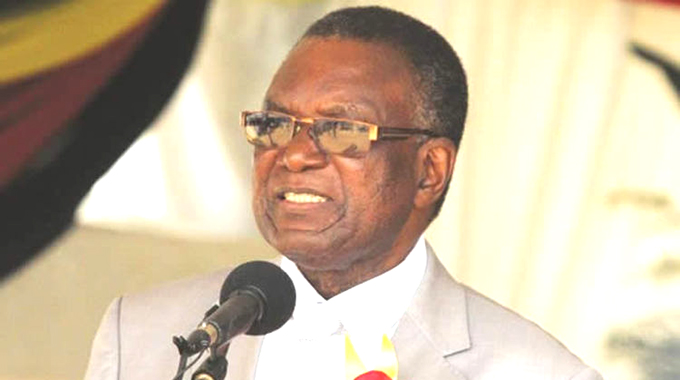HIV infections for young women drop, but they are still vulnerable — report

New HIV infections have declined sharply among adolescent girls and young women because of prevention programmes put in place between 1995 and 2018, according to a report by UNAIDS released.
Even though the 44% decline was commendable, women in the 15 to 24 age group are still the most vulnerable when it comes to the epidemic. “HIV-related illnesses is still the most important killer of women between the ages of 15 and 49,” UNAIDS executive director Winnie Byanyima said at the launch of a report titled We’ve got the power: women, adolescent girls and the HIV response.
There were around 6 000 new infections among this age group, she added.
In sub-Saharan Africa, women between the ages of 15 and 24 were almost two-and-a-half times more likely than their male peers to be infected.
“The challenge of removing the vulnerability of women and girls is a big one,” Byanyima said.
The biggest reasons for this was “poverty combined with gender inequalities that are fuelled by patriarchal societies. We have traditions, religions, cultures, social norms that drive the higher vulnerability of women and girls”.
She added keeping a girl in school until high school could help reduce infection rates by 50%. The problem, however, was that in Africa two-thirds of boys and girls dropped out before then.
Byanyima said sex education was equally important, and if this was blocked, girls were condemned to early pregnancies and HIV infections.
“I call on leaders, traditional, religious, governmental leaders, to offer comprehensive sexuality education. It’s not about teaching girls to have sex and abortions, it’s about sexual health, teaching girls to make healthy choices.”
Violence against women has also been found to increase incidents of infection. According to the report, violence by an intimate partner increased women’s risk of acquiring HIV by 50%. Being HIV positive can also trigger violence, with women living with HIV frequently reporting violence from intimate partners, family and community members.
Byanyima commended President Cyril Ramaphosa for coming out strongly against gender-based violence.
“In my meeting yesterday with the president of this country, I learnt a lot about his initiative to target gender-based violence. The political leadership has identified this problem and mobilised [the] government and civil society to work to tackle gender-based violence. I salute your country for that.”
Steve Letsike from the South African National Aids Council said, in response to a question, that Ramaphosa, as African Union (AU) chairperson, should push fellow leaders to accept equal gender rights.
Letsike added Ramaphosa had spoken out strongly for gender equality in his acceptance speech at the AU summit last month, but as the president of a country with one of the most progressive constitutions on the continent, he should push other leaders to decriminalise homosexuality which is still illegal in 30 countries on the continent.
The report’s recommendations for the way forward include investing in HIV policies and programmes fostering gender equality, investing in education, reforming laws to uphold the equal rights of women and girls, ending the stigma associated with being HIV-positive, and including women in decision-making decisions relating to HIV programmes.
On the upside, Byanyima said in the past she saw a lot of suffering and deaths from HIV-related illnesses, but that picture had changed. — AFP









Comments